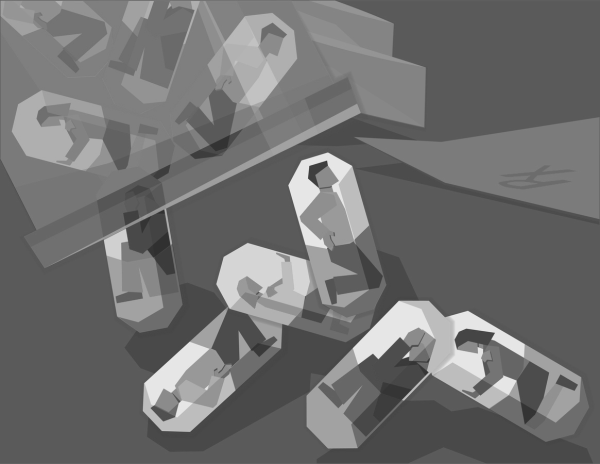Archives
Stay up-to-date and on top of your health with our e-Newsletter and receive updates on current treatments and vital health issues.
Codeine Dispensing Changes Explained

Since the 1st of February, 2018, any codeine-containing product is no longer available for purchase without a prescription. This policy change brings Australia in-line with many other developed countries, including the US, Japan and a number of European States.
Medicines affected by this change include a variety of pain killers such as Panadeine, Nurofen Plus, and Mersyndol, as well as various cough and cold formulations such as Codral and Demazin.
What’s all the fuss about Codeine and similar medicines?
Codeine is a member of the Opiate class of drugs, sharing many of the properties and problems experienced with other licit and illicit opiates such as morphine, pethidine, oxycodone (endone), heroin and methadone.
Whilst in the past, most members of the community have used these products safely and responsibly without incident when required, there has been rapidly growing abuse, in a widening minority of the community, leading to significant harm and alarming numbers of deaths. This is also having financial and other flow on effects on our already overstretched health system. Opiates are highly addictive, and tolerance builds rapidly. This has often occurred inadvertently, where an individual begins taking small amounts of the medication for the management of pain, but over time requires increasingly higher doses to maintain the same effect, thereby becoming drug dependent, as highly unpleasant withdrawal effects begin to be experienced if the medication is not taken. Furthermore, Codeine at high dose, can suppress breathing and lead to loss of consciousness.
Worse still, in order to have one’s “fill” of codeine, a consequence of codeine seeking in the community, has been the equally serious and dangerous complications from overdose of co- agents such as paracetamol, ibuprofen or phenylephedrine, amongst others.
Research has shown that low dose codeine (in combination with either paracetamol or ibuprofen) does NOT offer pain relief that is superior to combination paracetamol -ibuprofen. The latter is considered safer and more effective. Many non-drug strategies also exist, such as massage, acupuncture, relaxation, physical therapies, and counselling which should be considered, where appropriate, to help manage chronic pain.
Whilst the preference is to try to eliminate the use of opiate medication wherever possible, there may be select circumstances where these medications are still needed, and your GP may prescribe these where deemed appropriate.
If you have been using codeine regularly to date and:
* you are unable to manage your pain;
* you are concerned about the impact of these changes on you or;
* you are experiencing any codeine withdrawal (mood swings, restlessness, insomnia, nausea, vomiting, stomach pain, aches and pains and loss of appetite and weight loss);
PLEASE make an appointment with your GP to comprehensively assess, plan and instigate strategies to best manage your pain moving forward, in light of these new recommendations and laws about Codeine usage and prescribing.